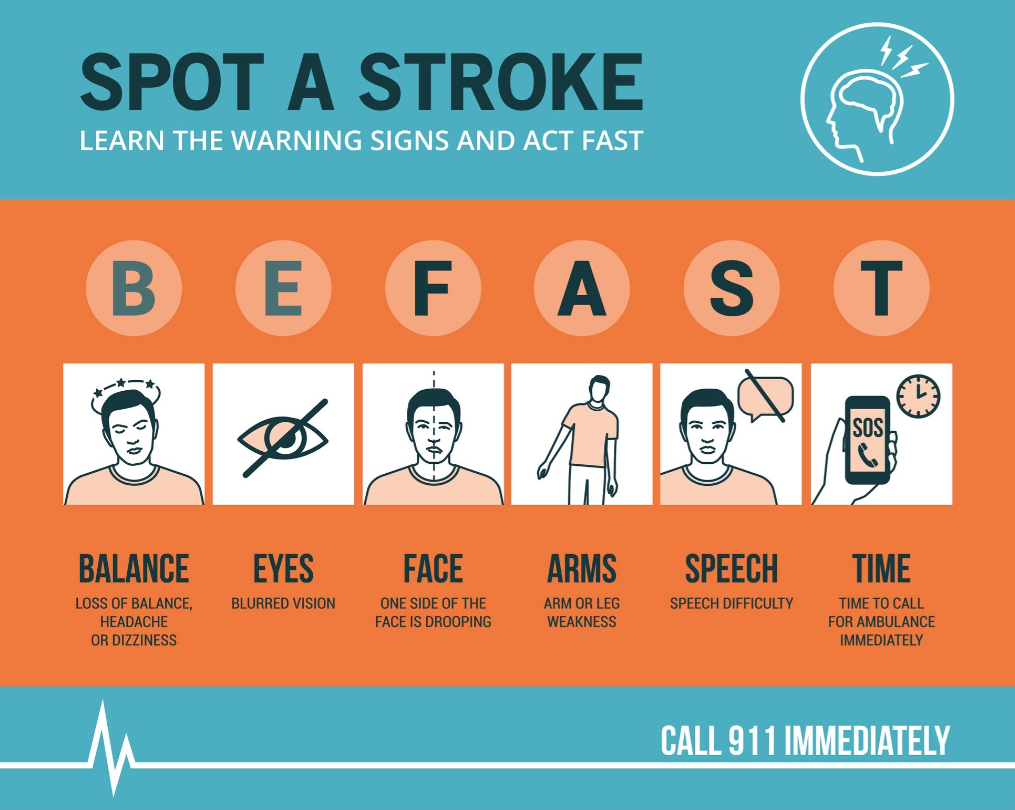In the fast-paced world of healthcare, patient safety is more than just a buzzword—it’s a fundamental part of providing the best care. Whether you’re a doctor, nurse, or any other healthcare professional, making patient safety a priority isn’t just a nice-to-have; it’s essential for giving your patients the best care possible.
At the heart of our mission is a constant commitment to patient safety, reflecting our core value of providing care with the same dedication we would want for our own family. We believe that every patient deserves the highest standard of care, and this guiding principle drives us to create a safe, compassionate environment where every patient’s well-being is our top priority. By upholding these values, we ensure that our care is not only effective but also deeply respectful of the trust our patients place in us.
Patient safety is basically about preventing harm to patients while delivering healthcare. It encompasses a broad range of issues, from avoiding medical errors to ensuring that the healthcare environment is free from risks. The ultimate goal is to create a culture where safety is ingrained in every action, decision, and interaction within the healthcare system.
Why Patient Safety Matters
Enhancing Patient Outcomes: Patient safety directly influences clinical outcomes. Errors and adverse events can lead to complications, extended hospital stays, and even fatalities. By prioritizing safety, clinicians can reduce the incidence of these events and improve overall patient outcomes.
Building Trust and Satisfaction: Patients who perceive that their safety is a priority are more likely to trust their healthcare providers and be satisfied with their care. This trust fosters a collaborative relationship between patients and clinicians, which is essential for effective treatment and adherence to medical advice.
Mitigating Legal and Financial Risks: Patient safety incidents can lead to legal action and financial repercussions. By adhering to safety protocols and best practices, clinicians can minimize the risk of litigation and associated costs, safeguarding both their practice and the institution they represent.
Fostering a Positive Work Environment: A strong culture of safety promotes a supportive and respectful work environment. When clinicians are confident that safety is a shared responsibility, they are more likely to engage in open communication, collaborate effectively, and feel valued in their roles.
Leadership plays an important role in ensuring patient safety within healthcare settings. Effective leaders set the tone for a culture of safety by promoting open communication, encouraging the reporting of errors without fear of retribution, and emphasizing the importance of adherence to safety protocols. They are responsible for implementing systems and processes that identify and mitigate risks, while also fostering an environment where staff feel empowered and supported in their efforts to prioritize patient well-being. By championing continuous education and improvement, leaders can drive systemic changes that enhance safety standards and ultimately lead to better patient outcomes. In essence, strong leadership is fundamental in creating and maintaining a safety-centric culture that prioritizes the well-being of patients and the effectiveness of healthcare delivery.
Ultimately, patient safety is a shared responsibility that requires a concerted effort from every member of the healthcare team. Clinicians play a pivotal role in shaping a safe care environment. By fostering a culture of safety, embracing evidence-based practices, and committing to continuous improvement, you can significantly enhance patient outcomes and contribute to a more effective and compassionate healthcare system.
The pursuit of safety is not a destination but a continuous journey. Let’s make patient safety an integral part of our daily practice, ensuring that every patient receives the high-quality care they deserve.
What Patient Safety Means to Us
Safety holds a unique meaning for each of us. We spoke with some of our clinicians and healthcare leaders to learn what safety signifies to them.
To me… Patient safety means patients are receiving the appropriate level of care, with the correct treatment, by knowledgeable providers who deliver compassionate care.
-Nurse Practitioner
Patient Safety means that we are providing the same level of care that I’d expect for my parents in every interaction we have. Patient safety means that every decision we make as caregivers and as a business is centered around the patient’s best interest. Patient safety is looking for ways opportunities for failure in our processes and fixing them. Patient safety is speaking up and pausing when something isn’t right.
-VP Operations
Safety: patient is out of harm’s way physically, emotionally and spiritually in any continuum of care
-Manager, Clinical Liaisons
1. Safety is ensuring patients receive care that is free from harm. 2. Safety is advocating for patients and making decisions that prioritize their well-being. 3. Safety is recognizing the importance of one’s own well-being to maintain a high level of care. This includes striving for work-life balance and managing stress to ensure you are physically and mentally capable of performing your duties safely.
-Nurse Practitioner/Provider Lead
– Preventing medical errors or complications: Making sure patients receive the right care at the right time. Implementing practices to keep patients safe and prevent the spread of germs and diseases.
– Providing a safe environment: Making sure patients feel safe and relaxed while receiving care.
-Program Implementation Manager
Patient safety to me means preventing harm to patients during their interaction with Inbound Health from admission to discharge. To me it involves creating an environment where patients receive care that is free from errors and harm, while continually evaluating risks to patients that can be added to our patient care processes.
-CTO
To me, patient safety is about creating a culture that is designed around psychological safety, continuous improvement, and seeking patient and frontline care giver feedback. Psychological safety gives us all the freedom to identify and discuss areas of improvement as it relates to delivering patient care without fear of retribution or negative impacts. Continuous improvement creates an expectation around measurement, accountability, and iterative improvement around our clinical protocols. Finally, patient and front-line caregiver feedback allows us to hear from patients and their family members, stakeholders that are key for us to learn and improve in this most important aspect of our company’s mission.
-CEO
-Patient safety should be at the forefront of every nurse, provider, and caregiver’s mind with each and every patient every day.
-A very loved family member of mine was found to have stage 4 esophageal cancer. Got a PORT placed for immunotherapy and chemotherapy. I remember this loved one telling me, “My nurse didn’t wear gloves when she changed the dressing on my PORT.” A week later, they ended up septic and admitted to unit, and the PORT had to be removed. Since this event, I personally am VERY cautious about central line care for all patients. I think real life experiences help us become better RNs and with that we can teach new RNs to do the right thing while ALWAYS having patient safety on their mind.
-I also, have an experience with a family member declining in an Assisted Living Facility. Staff did not have patient safety at the forefront of their mind. I therefore personally cared for this family member on my own so they could receive safe and excellent care. Patients deserve to be cared for by caregivers that focus on safety, quality, and compassionate care.
-Nurse Manager
Safety means reducing or eliminating risks and ensuring protection from harm or danger in any given situation.
-Triage Nurse
Safety-situational awareness to prevent harm to ones self or to pay attention to what is happening around them. Caring for patients to ensure they have what they need to be without harm at home.
-Manager of Community Paramedics
Safety to me means communication. Communication between our team and providers, inhome/HC nurses, Management, CP’s, and CA’s to care for our patients as a team. Communication within the clinical team ensures that out pt’s are being cared for safely. There is less chance of duplicating services or med errors. It also increases patient satisfaction. Communication with Mgmt ensures that we all have the tools to our job and are up to date on changes. It also helps us all feel as we are part of the whole team when we are all included in any changes.
-Patient Care Manager, RN











